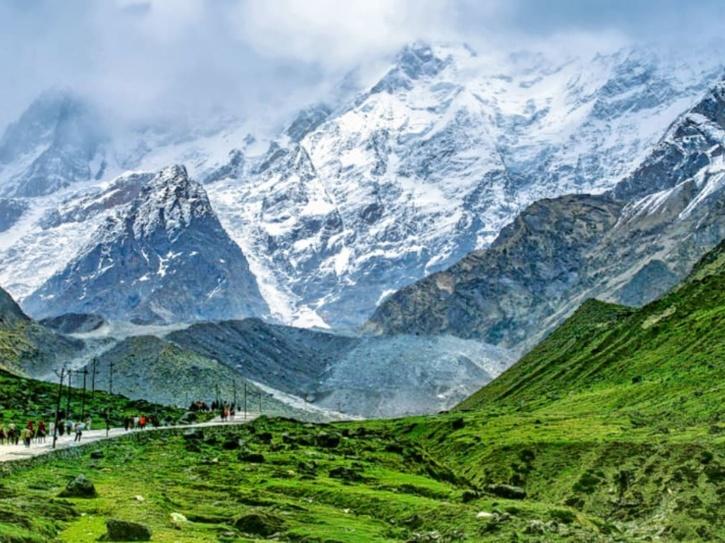Scientists at Wadia Institute of Himalayan Geology have unearthed large concentrations of micro and moderate magnitude earthquakes in Uttarakhand’s Dharchula region and adjoining areas of Kumaon Himalaya due to stress in the region and explored the geological structure behind it. The town is about 470 kms from the capital city of Dehradun.
What did the study say?
Experts say these large concentrations of earthquakes are “release of stress’’ building up in the region and that in the near future, there is likelihood of an earthquake of high magnitude in the region.

In the study conducted by researchers, they have found that the Kumaon Central Himalayan region – which is a part of the central seismic gap (CSG) region – is one of the most seismically-active regions of the Himalayan belt. A gap is a term used to denote an area with little tectonic activity. This, despite the Himalayas being one of the most tectonically active regions in the country.
The belt has experienced several moderate to strong earthquakes ranging from 4.0 to 5.0 magnitudes on the Richter scale.
Why the frequent earthquakes?
Geophysicist Dr Devajit Hazarika, who was part of the study, said, “The aim of the project was to find the reason behind these frequent earthquakes in and around Dharchula town. We have now found that the stress was caused by a ramp (thin-skinned thrust fault geometry that forms a step-like pattern) on the Main Himalayan Thrust (a gliding plane between two rock masses under the Himalayan range) beneath the Chiplakot Crystalline Belt, a geological unit in the lesser Himalayas.”
About Dharchula
Dharchula is a town and a nagar panchayat in Pithoragarh district in the northern state of Uttarakhand, India. Dharchula is a major trading centre for the trans-Himalayan trade routes since medieval times. Situated at an elevation of 915 m above sea level, Dharchula is surrounded by Himalayan Peaks.


One Response
DyNgsQJm